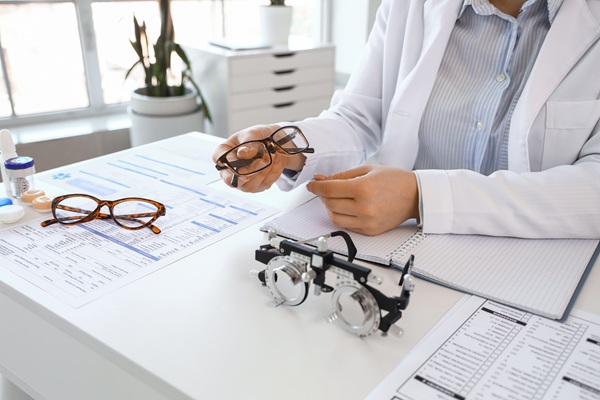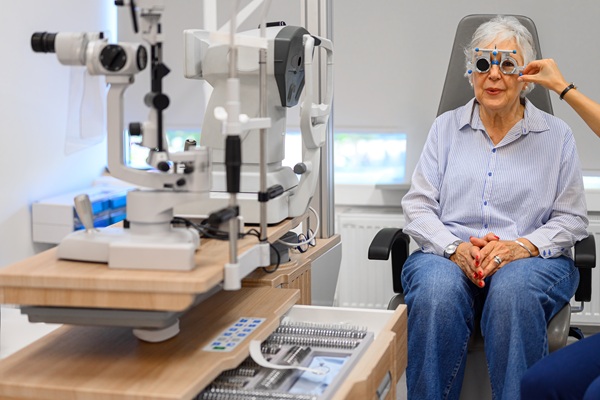Hypertension — Can your blood pressure affect your eyes?

HYPERTENSION
High blood pressure can quietly damage your body for years before symptoms develop. Healthy arteries are flexible, strong, and elastic. Their inner lining is smooth, so that blood flows easily.
The tiny blood vessels in your eyes are like long skinny balloons: they are tough to blow up. But if you keep blowing these balloons up and letting the air out again repeatedly, the balloons change. They become wrinkled, thin, and bulbous in parts. They are no longer smooth. High blood pressure changes your vessels like this, making beautiful smooth vessels into misshapen tubes with poor circulation.
In an eye exam, the super fine vessels of the retina can be evaluated when the doctor looks into the eye. This is an easy way to determine if the blood vessels in the body are healthy before any of the bad stuff happens.
In addition to visual problems, high blood pressure can cause heart failure, stroke, kidney failure, blindness, bone loss, sexual dysfunction, depression, and dementia.
How can you keep your blood pressure lower?
Be physically active- Get your heart rate up for at least 30 mins 3-4 times a week.Maintain a healthy weight- This will come naturally, if you exercise and eat right.Limit alcohol intake- more than 1-3 drinks at one time increases blood pressure. If alcohol is consumed constantly, hypertension becomes chronic.Quit smoking- the thrill of smoking is the increase heart rate and release of adrenalin into the blood. Addictive smoking causes hypertension and the chemicals in cigarettes can damage the lining of the blood vessels.Like mom says: get plenty of sleep and drink plenty of water.By Sumati Deutscher, O.D.


